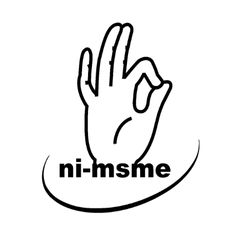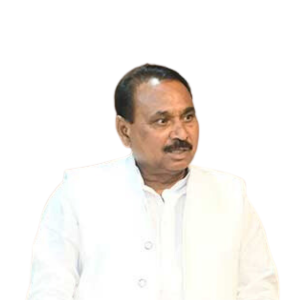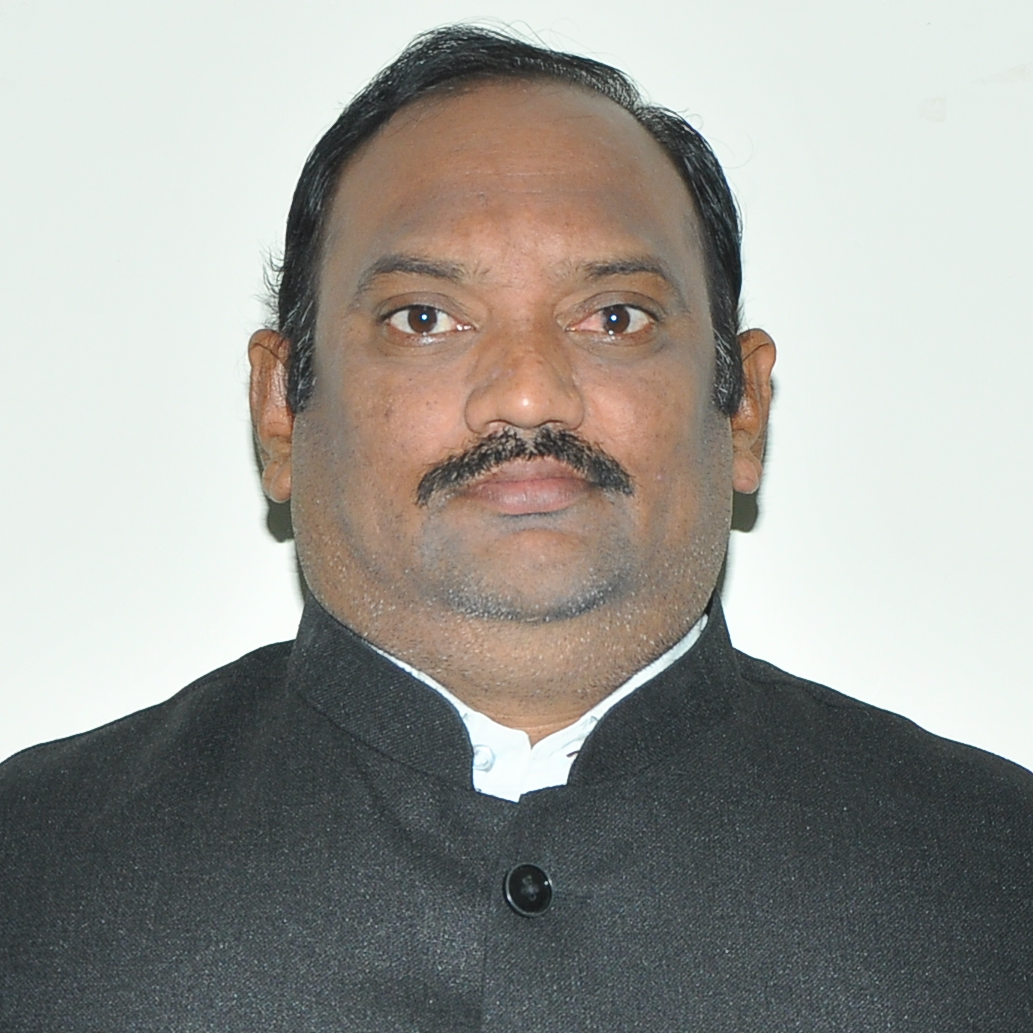Training programme on Waste Management in Agriculture and Allied Sectors
Non-res: 24000
Agricultural development is usually accompanied by wastes from the irrational application of intensive farming methods and the overdue of chemicals in cultivation, remarkably affecting rural environments in particular and the global environment in general. Agricultural wastes are residues from the growing and processing. These residues are generated from a number of agricultural activities and they include cultivation, livestock production, sericulture and aquaculture etc. It is important that proper waste collection, storage, treatment, transfer, and utilization is essential for a healthy environment. These wastes when managed properly through the application of the knowledge of agricultural waste management systems that can be transformed into Renewable materials for human and agricultural use. Traditional agricultural production is circular Virtually no waste is produced and this should be followed in the present scenario. Residues are returned to soil as compost; used as bedding material in livestock husbandry (and returned to soil as compost) or as feed to produce animal protein and manure; utilized as construction materials; or fuel for domestic energy. Circular agricultural production ensures soil conservation, waste reduction, residues reuse, and recycling. The ever-rising global population, and demand for food and agro-industrial products, necessitated a transition to linear agricultural production which generates enormous quantities of agricultural residues, agro-industrial, and food wastes. The economic losses, environmental degradation, and health hazards resulting from poor management of excess wastes, and their mitigation have been the subject of research and policy efforts at continental and regional levels. Current waste management models redirect attention to circular agricultural production and bioeconomic approaches aimed at waste reduction, reuse, and recycling. Such approaches view agricultural wastes as raw materials with economic benefits for the farmer, consumer, and investor in varied industrial enterprises (crop and animal production, animal and human health, food, beverage, Neutraceutical, pharmaceutical, cosmetics, and material industries). This programme includes technologies converting agricultural crop waste, horticultural waste, animal or fisheries waste management which are either commercialized or are in advanced stage of commercialization. The Government of India also intensified efforts towards developing targeted technologies that are helpful in converting the agro-waste into some income generating product with minimal inputs.
Research scholars, Faculty from Agricultural University, Scientists from KVKs and State Government Departments, Indian Council of Agricultural Research (ICAR) Institutions, State Agricultural Universities (SAUs), KVKs, State Agricultural Management, Extension Training Institutions (SAMETIs), Extension Educational Institutions (EEIs), Farmers’ Producer Companies, (FPOs) and NGOs
Bio-Energy from Agriculture Waste and Soil Conditioner from Water Hyacinth
Production of bio formulations using Agriculture waste
Waste Management for Organic Tomorrow: Experience Sharing
Current Best Practices followed by GHMC in Solid Waste Management
Role of Crop Residues in Organic Crop Production
Extension Strategies for promotion of waste management in Agri and allied sectors
GoI Programmes and Schemes in Agri and Allied Sectors
In Plant Exposure Visit
the officers all are instructed to apply the learnt knowledge at their field level
Bio – Energy from Agriculture Waste and Soil Conditioner from Water Hyacinth, Waste Management for Organic Tomorrow: Experience Sharing and Wealth from Waste it will
helpful for them to sensitize the farmers during their regular extension works at their filed level











